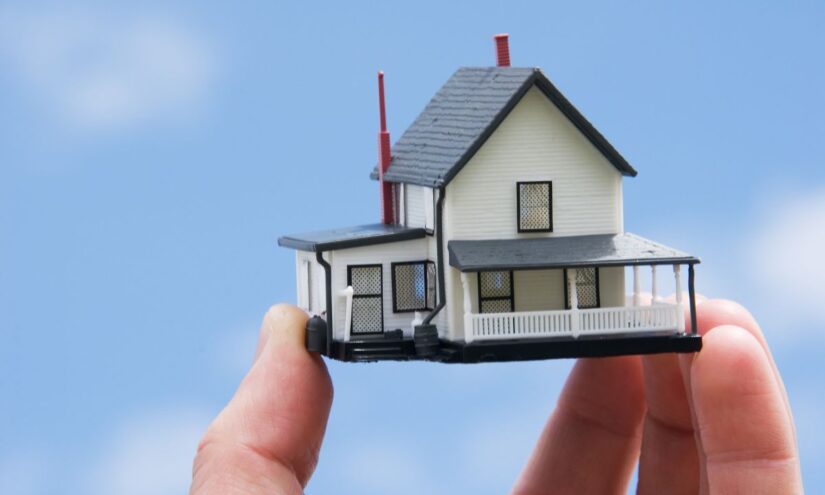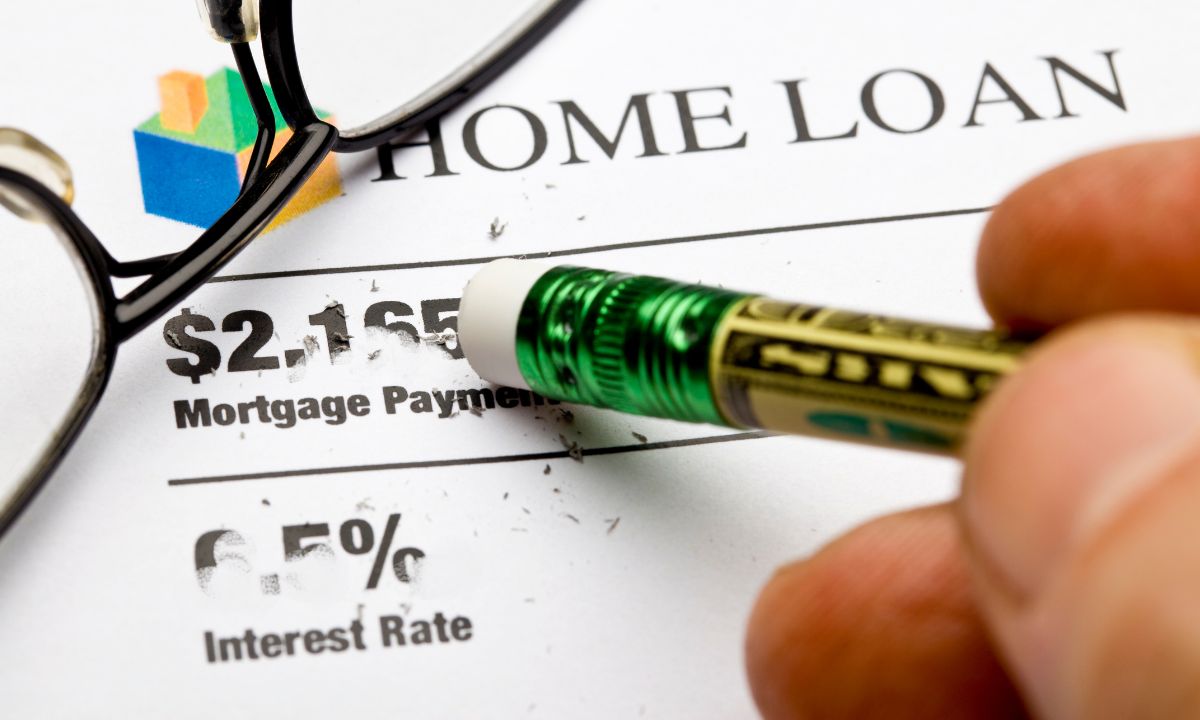 Una cuenta de escrow hipotecaria, también conocida simplemente como cuenta de escrow, es un acuerdo financiero establecido por un prestamista hipotecario para gestionar y desembolsar ciertos pagos relacionados con la propiedad en nombre del propietario. El propósito de una cuenta de escrow es asegurar que los gastos esenciales, como los impuestos sobre la propiedad y el seguro de vivienda, se paguen de manera oportuna.
Una cuenta de escrow hipotecaria, también conocida simplemente como cuenta de escrow, es un acuerdo financiero establecido por un prestamista hipotecario para gestionar y desembolsar ciertos pagos relacionados con la propiedad en nombre del propietario. El propósito de una cuenta de escrow es asegurar que los gastos esenciales, como los impuestos sobre la propiedad y el seguro de vivienda, se paguen de manera oportuna.
Así es como funciona una cuenta de escrow hipotecaria:
Creación de la Cuenta de Escrow: Cuando obtienes un préstamo hipotecario, tu prestamista puede requerir que establezcas una cuenta de escrow. Esta cuenta suele ser separada de tu cuenta del préstamo hipotecario.
Pagos Mensuales: Como parte de tu pago mensual de la hipoteca, contribuyes con un monto prorrateado para los impuestos sobre la propiedad, el seguro de vivienda y, en algunos casos, el seguro hipotecario privado (PMI). El monto total se divide entre 12, y una parte se agrega a cada pago mensual de la hipoteca.
Responsabilidad del Prestamista: El prestamista es responsable de realizar los pagos desde la cuenta de escrow cuando vencen. Esto incluye pagar los impuestos sobre la propiedad y las primas del seguro de vivienda directamente a las autoridades correspondientes o a las compañías de seguros.
Análisis Anual: Cada año, el prestamista realiza un análisis de escrow para asegurarse de que se esté recolectando la cantidad correcta para cubrir los gastos. Si hay un déficit o un excedente en la cuenta, se pueden hacer ajustes en tu pago mensual para reflejar los gastos anticipados para el próximo año.
Cambios en Impuestos o Primas de Seguros: Si hay cambios en los impuestos sobre la propiedad o en las primas del seguro, el prestamista ajusta la cuenta de escrow en consecuencia. Esto puede llevar a cambios en tu pago mensual de la hipoteca.
Excedente o Deficiencia: Si hay un excedente en la cuenta de escrow después de que se pagan todos los gastos, puedes recibir un reembolso. Por el contrario, si hay una deficiencia, el prestamista puede aumentar tu pago mensual para cubrir el déficit.
Responsabilidad del Propietario: Aunque el prestamista gestiona la cuenta de escrow, sigue siendo responsabilidad del propietario mantenerse informado sobre los cambios en los impuestos sobre la propiedad y los costos del seguro. Los propietarios deben revisar sus estados de cuenta de escrow anuales y comunicarse con su prestamista si tienen preocupaciones o preguntas.
Tener una cuenta de escrow puede ser conveniente para los propietarios porque distribuye el costo de los impuestos sobre la propiedad y el seguro a lo largo del año, facilitando el presupuesto para estos grandes gastos anuales. Además, ayuda a garantizar que estos pagos cruciales se realicen a tiempo, reduciendo el riesgo de gravámenes sobre la propiedad o interrupciones en la cobertura del seguro.
 If you’re in the market to buy a duplex or similar multi-unit property, you may be wondering whether you can use an FHA loan to finance your purchase. FHA loans are well-known for helping first-time homebuyers, but they can also be used to purchase duplexes. Here’s everything you need to know about FHA loans, how they work, and whether they’re a good fit for your homebuying plans.
If you’re in the market to buy a duplex or similar multi-unit property, you may be wondering whether you can use an FHA loan to finance your purchase. FHA loans are well-known for helping first-time homebuyers, but they can also be used to purchase duplexes. Here’s everything you need to know about FHA loans, how they work, and whether they’re a good fit for your homebuying plans. Lowering your monthly mortgage payment can have a positive impact on your financial health, allowing you to allocate more money toward other needs or savings. Whether you’re experiencing financial stress or just want to optimize your budget, exploring ways to reduce your mortgage payment is a smart move. Here are ten strategies that can help you manage and lower your mortgage payments like a pro:
Lowering your monthly mortgage payment can have a positive impact on your financial health, allowing you to allocate more money toward other needs or savings. Whether you’re experiencing financial stress or just want to optimize your budget, exploring ways to reduce your mortgage payment is a smart move. Here are ten strategies that can help you manage and lower your mortgage payments like a pro: